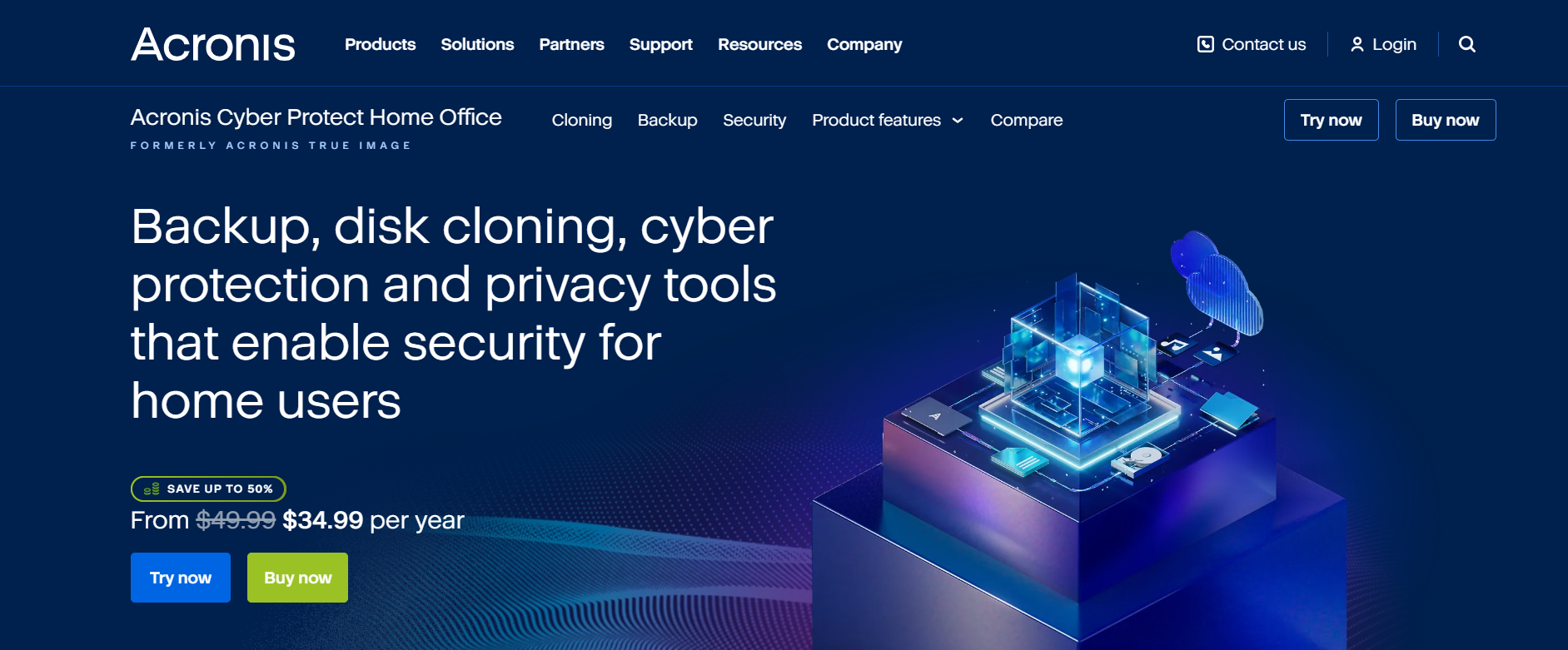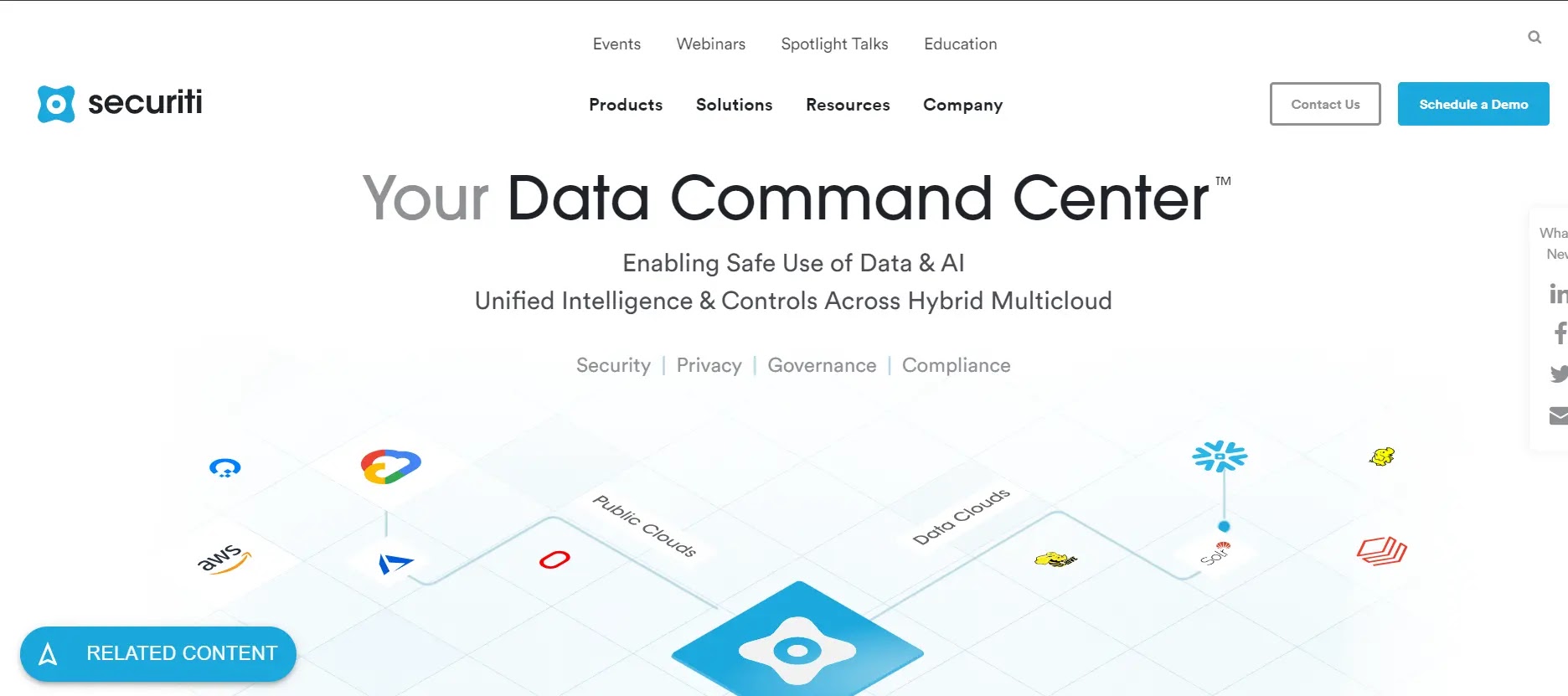Let’s be honest. Every time you ask your phone a question, scroll through a social feed, or send an email, you’re trading a little piece of your privacy for convenience. It feels like the price of admission to the modern world. But what if that didn’t have to be the case?
Well, a whole ecosystem of privacy-respecting services has been growing in the shadows. They’re built on a different principle: your data is yours. Full stop. No selling, no tracking, no hoarding. Let’s dive into some of the best privacy-focused alternatives to the tech giants you use every day.
Reclaim Your Search: Ditch the Data-Vacuuming Engines
Search engines are the biggest culprits. They build scarily detailed profiles of your interests, fears, and late-night curiosities. The good news? You have options that actually respect you.
DuckDuckGo: The Obvious First Step
You’ve probably heard of it. DuckDuckGo is fantastic because it doesn’t track you. It delivers results without creating a personal filter bubble. It’s a direct, no-nonsense replacement for Google Search that you can switch to in about ten seconds.
Startpage: Google Results, Minus the Spying
Here’s a clever one. Startpage acts as a privacy-protecting proxy. It gives you the same search results you’d get from Google—because it literally pulls them from Google—but it delivers them to you without Google ever knowing who you are. It’s like having a friend who goes into the crowded market for you, gets the info, and reports back anonymously.
Email That Doesn’t Read Your Mail
Free email services are free for a reason: you’re the product. They scan your emails to serve you ads, build marketing profiles, and, well, know pretty much everything about your life. It’s time for an upgrade.
Proton Mail: The Fort Knox of Email
Based in Switzerland, with its strong privacy laws, Proton Mail is a heavyweight champion. The big deal? End-to-end encryption. This means your emails are scrambled into unreadable code before they even leave your device. Only you and the recipient have the key to unscramble them. Not even Proton can read them. They offer a solid free tier to get you started.
Tutanota: Another Stellar, Encrypted Choice
Tutanota is another fantastic Germany-based provider with a similar ethos. It also offers end-to-end encryption and has a very generous free plan. The interface is clean and simple, making the transition from Gmail or Outlook feel seamless.
Messaging Apps That Keep Your Chats Private
If you’re using SMS or some of the more popular messaging apps, your conversations are not as private as you might think. Metadata (who you talk to, when, and for how long) is a goldmine. Here are some secure messaging apps that put a lock on your digital whispers.
| Service | Key Feature | Best For |
|---|---|---|
| Signal | Open-source, end-to-end encryption by default | Overall best for security & privacy |
| Telegram | Cloud-based, “Secret Chats” are encrypted | Large groups & channels |
| Element | Decentralized, based on the Matrix protocol | Team collaboration & open ecosystems |
Honestly, Signal is the gold standard recommended by security experts worldwide. It’s simple, it’s secure, and it’s what many journalists and activists use. The encryption is on by default for everything—texts, calls, video chats. There are no ads, and it’s a non-profit. You can’t really ask for more than that.
Cloud Storage That Doesn’t Peek in Your Digital Drawers
Storing your files, photos, and documents on a service like Google Drive or Dropbox is convenient, sure. But you’re handing over the keys to your digital life. Privacy-focused cloud storage uses something called “zero-knowledge” encryption. This means your files are encrypted with a key only you possess before they’re uploaded. The service provider cannot access them. Ever.
- Tresorit: A super-secure, user-friendly option, though it’s on the pricier side. Fantastic for businesses.
- Sync.com: A great balance of security, price, and ease of use. Their free plan is a good way to test the waters.
- Proton Drive: From the same folks who make Proton Mail, this service is integrating seamlessly into their privacy ecosystem. A very strong contender.
Web Browsers: Your Window to the World, Without the Fingerprints
Your browser knows an awful lot about you. Switching from a data-hungry browser to a privacy-focused one is one of the most impactful changes you can make.
Brave Browser: Privacy by Default
Brave is built on the same code as Chrome but strips out all of Google’s trackers. It blocks ads and website trackers by default, which also makes it incredibly fast. It’s a no-fuss, out-of-the-box private browsing experience.
Firefox with Adjustments: The Configurable Classic
Mozilla’s Firefox is a great open-source option. Out of the gate, it’s better for privacy than most. But its real power comes with a few tweaks. You can adjust its privacy settings to be extremely strict and install privacy extensions like uBlock Origin to really lock things down. It takes a bit more work, but it’s a powerhouse.
Making the Switch: It’s a Journey, Not a Sprint
Look, you don’t have to migrate everything in one weekend. That’s a recipe for burnout. The goal is progress, not perfection. Start with the low-hanging fruit. Maybe change your default search engine to DuckDuckGo today. Next week, download Signal and convince one friend to join you. The week after, maybe create a Proton Mail account for your important sign-ups.
Each small step is a vote for a more private internet. It’s a reclaiming of your digital self. These alternatives prove that you don’t have to sacrifice all your privacy to participate in the connected world. You just need to choose services that are on your side.
In the end, it’s not about having something to hide. It’s about having something to protect—your autonomy, your thoughts, your life. And that’s worth a few extra clicks.





